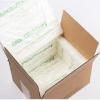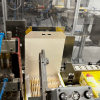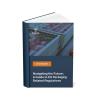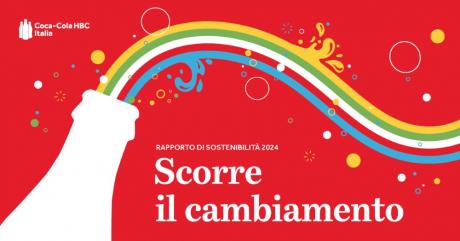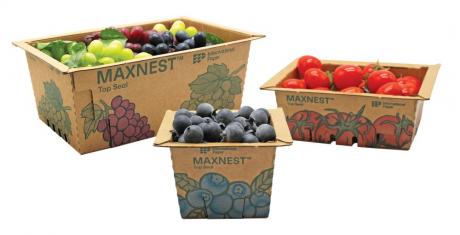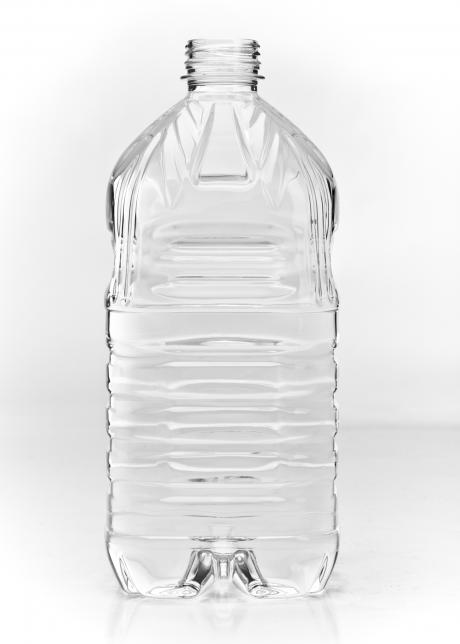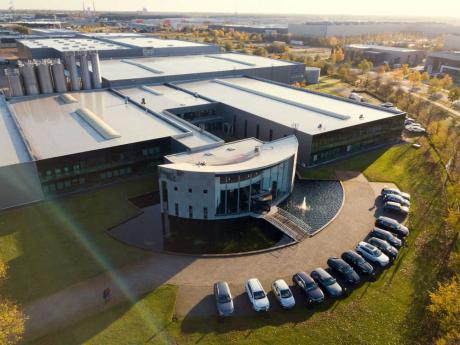Italy continues to lead Europe with an efficient, widespread, and highly effective aluminium packaging recycling system. In 2024, the country not only fully achieved the EU’s 2025 recycling target of 50%, but also surpassed the 2030 target of 60%, reaching a 68.2% recycling rate and an overall recovery rate of 71.7%.
These results were presented during the Annual Public Assembly of CIAL – the Italian National Consortium for Aluminium Packaging, where the renewal of the Board of Directors and the reappointment of Carmine Bruno Rea as President of the Consortium were also officially announced.
2024 Data in Italy: Apparent Decline, Real Growth and Efficiency
In 2024, the recycling rate for aluminium packaging stood at 68.2%, with an overall recovery rate of 71.7%. The slight 2% drop compared to 2023 does not reflect a deterioration in performance but is linked to the expansion of the reporting perimeter under the new European regulations, which now include aluminium in composite packaging. This methodological shift marks the beginning of a new standard for measurement.
These figures confirm the Italian system’s ability to efficiently absorb the increased volume of packaging placed on the market (+8.5% compared to 2023) through a collection, sorting, and treatment system that is now well-established across the country.
In particular, beverage cans show excellent performance, with a recycling rate of 86.3%, despite a significant 16% increase in consumption. While there was an 8% decline in the recycling percentage compared to the previous year, these results highlight the efficiency and responsiveness of the national system, which is capable of managing significant increases in volume promptly.
The Environmental Value of Recycling: Fewer Emissions, More Energy Saved
Aluminium packaging recycling remains one of the most significant contributions to the ecological transition. In 2024, by recycling over 62,400 tonnes of packaging, Italy avoided the emission of approximately 442,000 tonnes of CO₂ equivalent, and achieved energy savings equivalent to 197,000 tonnes of oil.
The environmental benefit is even more significant considering that recycled aluminium requires only 5% of the energy needed to produce primary aluminium. This advantage turns every recycled item into a renewable resource, reinforcing that aluminium recycling is not only a sustainable choice but also a strategic investment in emission reduction and energy savings.
A Widespread and Strategic Territorial Presence for the Environment
The CIAL consortium continues to expand its presence across the entire national territory, with 432 active agreements, covering 78% of the Italian population and 70% of municipalities. This extensive coverage is essential for collecting, sorting, and recycling large volumes of aluminium, generating significant environmental benefits.
“The 2024 data confirms the robustness and maturity of the Italian aluminium packaging management model, which is one of the most virtuous and efficient in Europe,” said Carmine Bruno Rea, President of CIAL. “Even with the adjustment to the new European calculation criteria, which now include aluminium in composite packaging, our system continues to deliver high performance, with increasing volumes of material recycled. This result is the product of effective cooperation between citizens, institutions, and businesses, demonstrating how environmental sustainability, economic effectiveness, and social inclusion can be successfully combined. It is now crucial that European policies recognise and value these well-established models, rewarding those who achieve results through innovation and shared responsibility” – Rea concluded.


